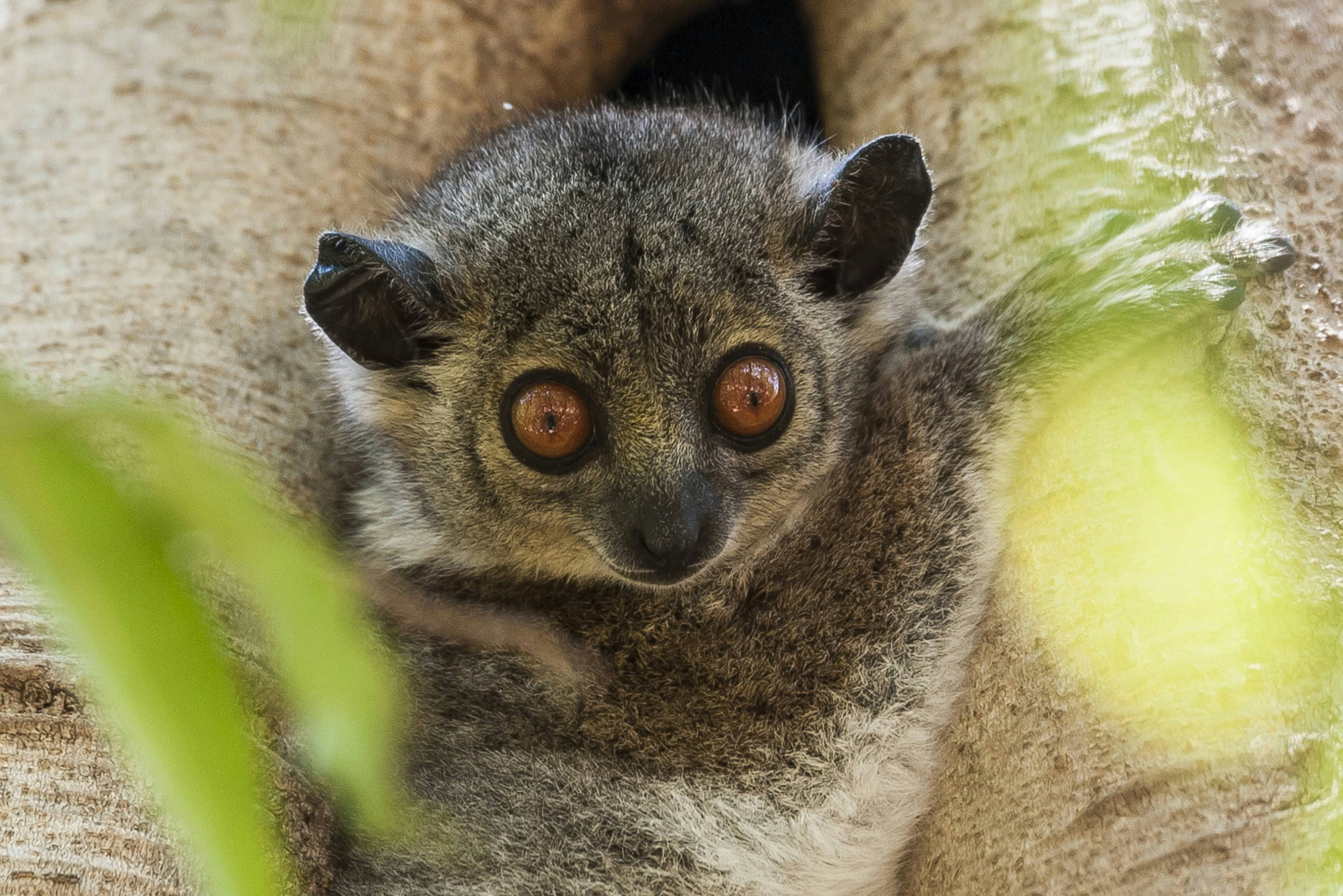World Lemur Day celebrates Madagascar's incredible and endangered animal
Oct 30, 2020 • 1 min read

Lemurs are exclusive to Madagascar © Arto Hakola/Shutterstock
World Lemur Day takes place on 30 October and the World Lemur Festival is celebrated in the weeks surrounding it, and aims to raise awareness about lemur diversity and their critical conservation needs. Sadly, 98% of lemur species are threatened with extinction, and 31% are categorized as critically endangered, which is the highest threat level.

Lemurs are exclusive to Madagascar, which is located off the east coast of Africa, and over 100 unique species live there. This includes the ring-tailed lemur with its furry, striped tail, the dancing sifakas that leap sideways through the trees, and the goblin-like nocturnal aye-aye which uses its long middle finger to dig for food. Lemurs play a huge role in maintaining forest diversity, structure and dynamics through the movement of seeds.

The Lemur Conservation Network works to support conservation on the ground in Madagascar, so that these species, which are the world’s oldest living primates, can thrive. The first World Lemur Festival was celebrated in 2014, and it aims to raise awareness about the value of lemurs as Madagascar’s unique natural heritage and promote lemur conservation and education worldwide. Due to the pandemic, this year's festival is encouraging virtual participation.

"It is necessary to work hard, united, and close to the Malagasy people to save lemurs from extinction," says Lucia Rodriguez, director of Lemur Conservation Network. "We invite everyone to join us at the Lemur Conservation Network and collaborate with each other. We are facing a crisis that goes beyond Madagascar and needs to be addressed by the world."

Check out the website here for further information and to find ideas around virtual participation in the festival.
You might also like:
How worldwide lockdowns have impacted conservation efforts
How to find an ethical wildlife conservation project
See wild beauty captured in these award-winning photos




